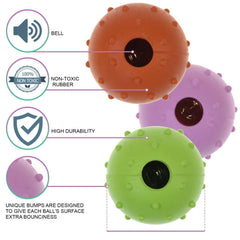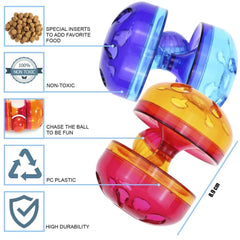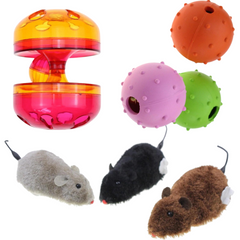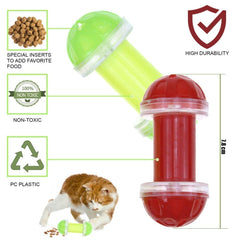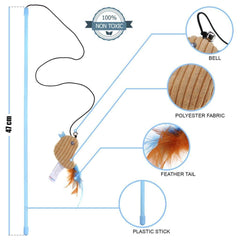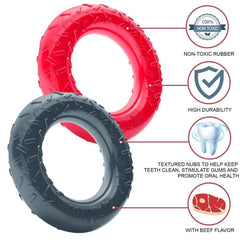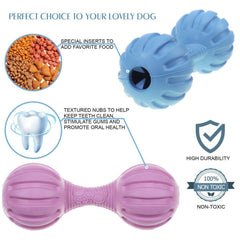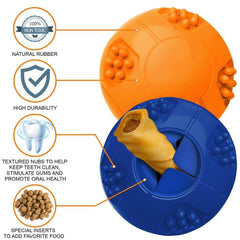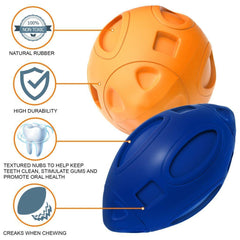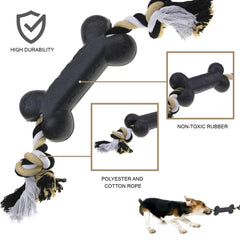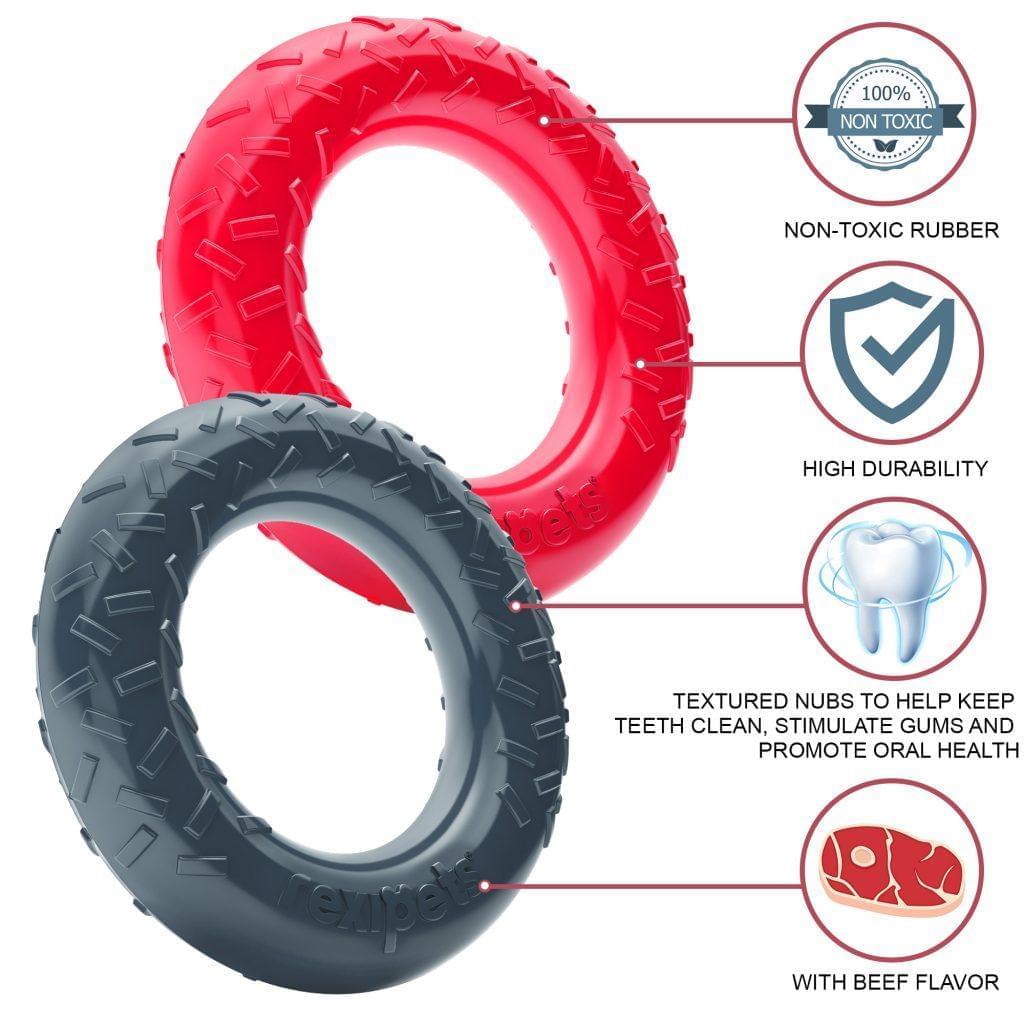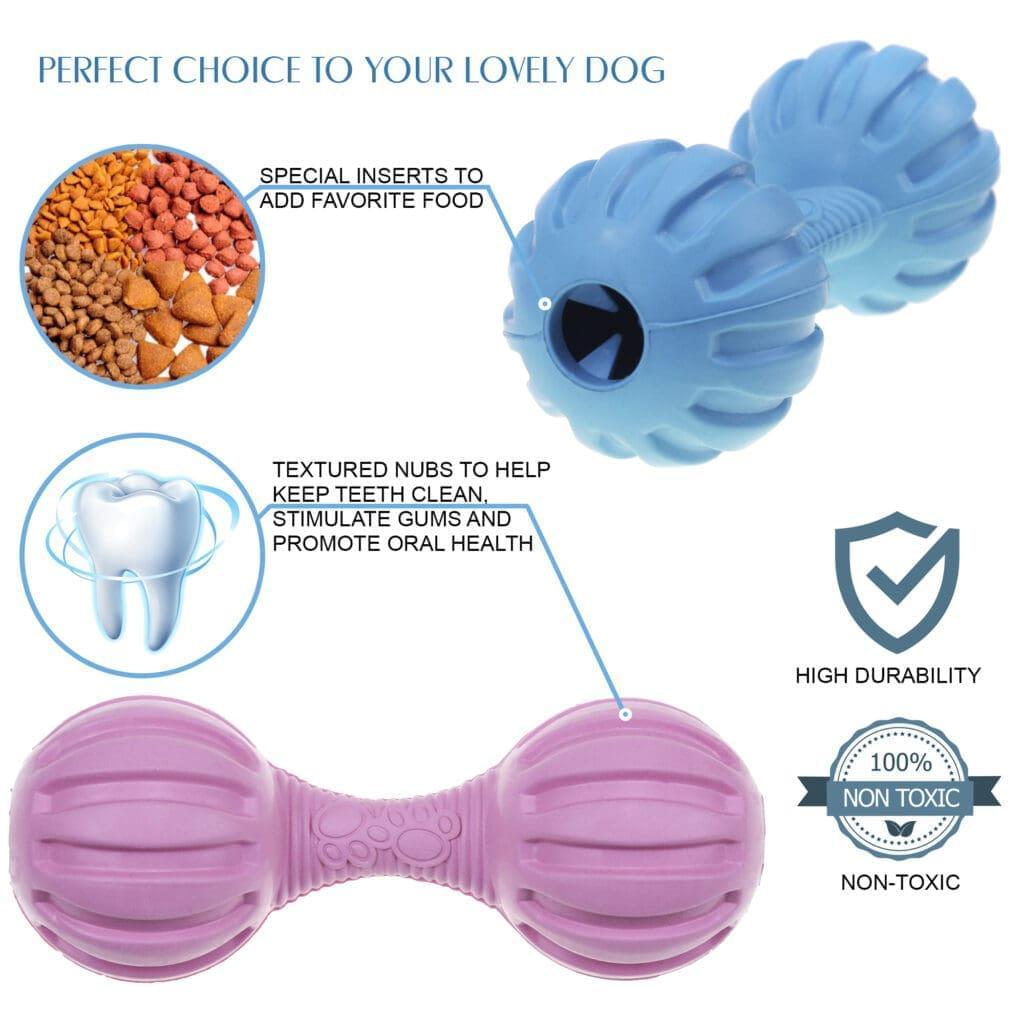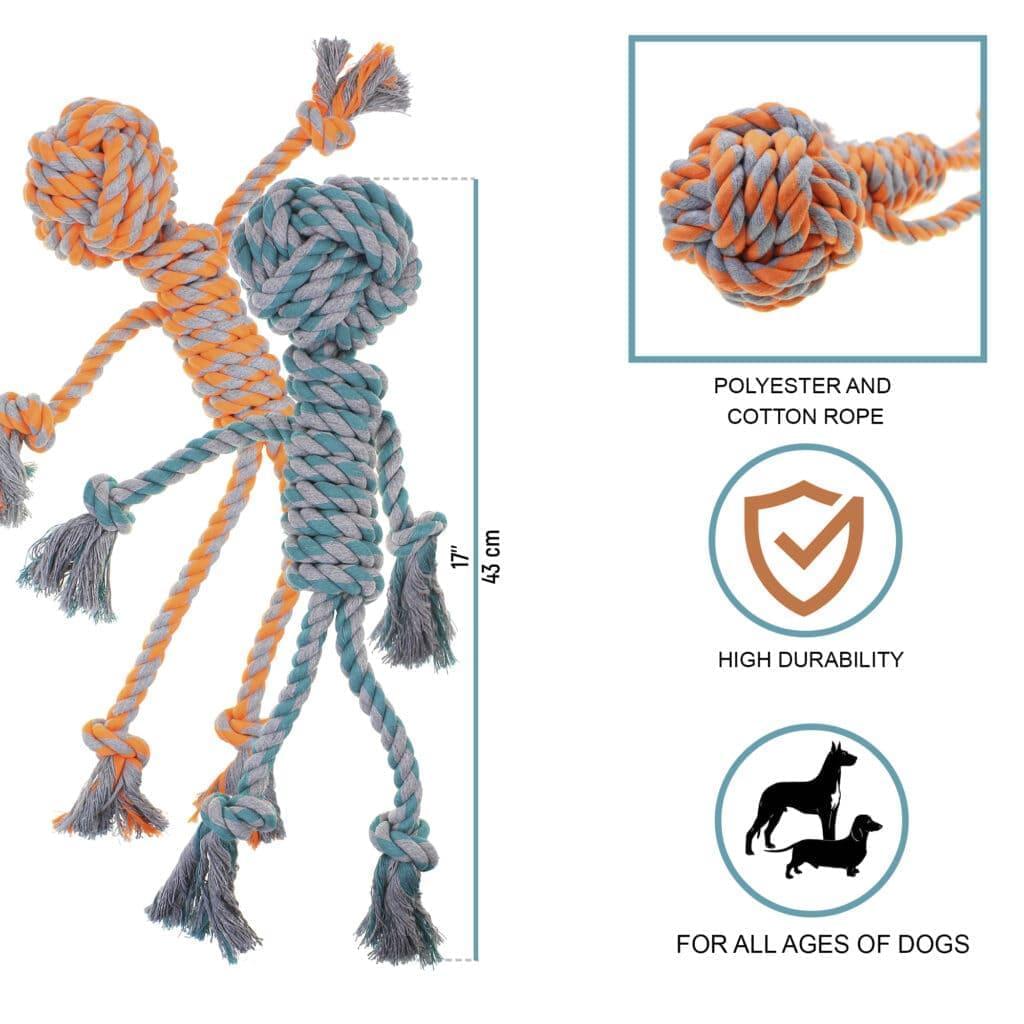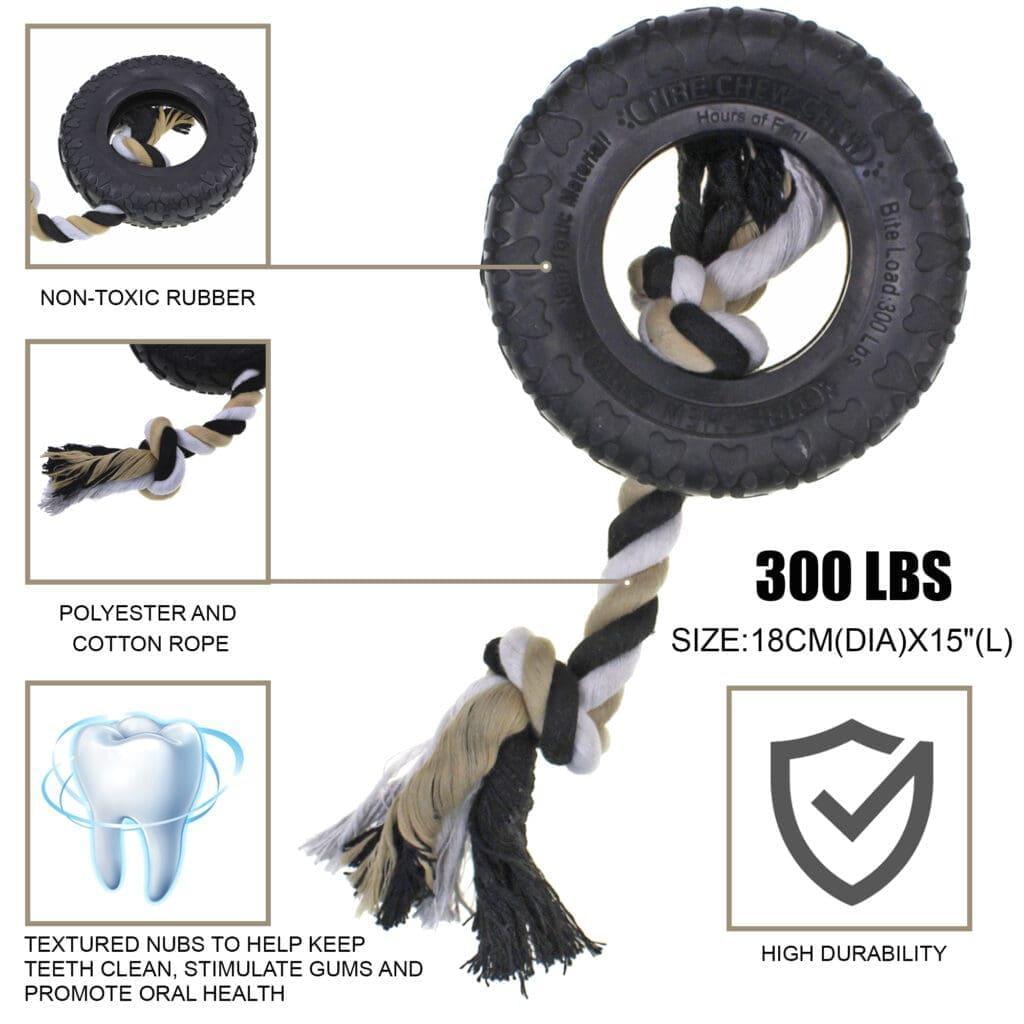
Deworming is a common problem that many pet parents face. As responsible pet owners, we all should understand the importance of deworming to keep our furry companions healthy and happy.
It is a standard veterinary practice that helps eliminate internal parasites that could jeopardize your dog's well-being and even can affect dogs, other pets, and human family members.
However, like any medical procedure, deworming doesn't come without potential side effects.
In this article, we'll explore the various aspects of deworming, the types of parasites it targets, and the common medications used. But more importantly, we'll shed light on possible side effects that arise during or after deworming.
Understanding these potential side effects will allow you to make an informed decision as a pet owner and be prepared to take appropriate actions when necessary.
So, without any further ado, let's delve into the world of deworming and equip ourselves with the knowledge to ensure our furry friends receive the best care possible. Because at the end of the day, a healthy dog is a happy dog!
What Is the Deworming Procedure?
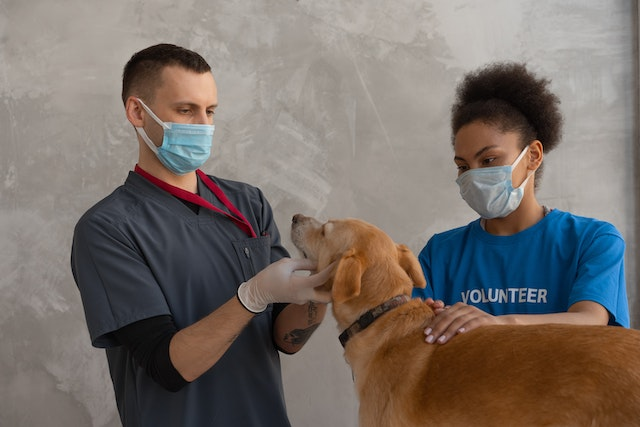
Deworming plays an essential role in safeguarding the health of dogs.
Internal parasites, common intestinal worms such as roundworms, hookworms, whipworms, and tapeworms, can thrive in the intestinal tract of these animals, posing severe health risks.
These parasites compromise the dog's immune system, growth, and overall health. but also presents a potential risk of transmission to human family members, especially children. This happens through contact with contaminated feces or contaminated environments.

During the early stages of a puppy's life, they are particularly vulnerable to internal parasites. Puppies can acquire these worms from their mother or through their surroundings. That's why a proactive approach to deworming is essential.
The recommended deworming schedule for young puppies starts early, typically at 2 to 4 weeks. Treating them at this young age is crucial because many puppies are infected at birth or become infected shortly after.
Deworming should continue every 2 to 4 weeks until the puppy reaches 12 weeks old. This frequent treatment helps to target worms at different life stages, ensuring their elimination.
Once the puppy reaches 12 weeks, the frequency of deworming treatments can decrease. They should receive treatments once a month until they are 6 months old. This phase of treatment helps address any lingering parasites. It ensures the puppy is on track for a healthier adulthood.
Once the puppy matures into an adult dog, the deworming schedule can be adjusted according to the dog's lifestyle, environment, and needs. Generally, adult dogs should be dewormed every 1 to 6 months. This depends on factors like exposure to potential sources of infection, geographic location, and the advice of your vet.
Regular deworming throughout the dog's life is essential to prevent parasite infestations in other dogs and reduce the risk of transmission to humans.
Deworming Procedure in Dogs

Your vet will give your dog medicine either through their mouth, a shot, or a topical treatment like Advantix or Revolution to kill worms. These drugs are called "broad-spectrum" because they can treat many types of parasites, even those in the gut. They are harmful to pests but safe for pets.
These medications aim to get rid of parasites in your dog's body without harming your pet. Oral meds are in tablet or chewable form, injections are given by the vet, and topical treatments are applied to the skin.
These deworming medications are vital to prevent and treat parasites, which can seriously affect your dog's health. As your vet advises, regular deworming ensures your dog's poop stays healthy without pesky parasites causing trouble.
4 Side Effects of Deworming a Dog
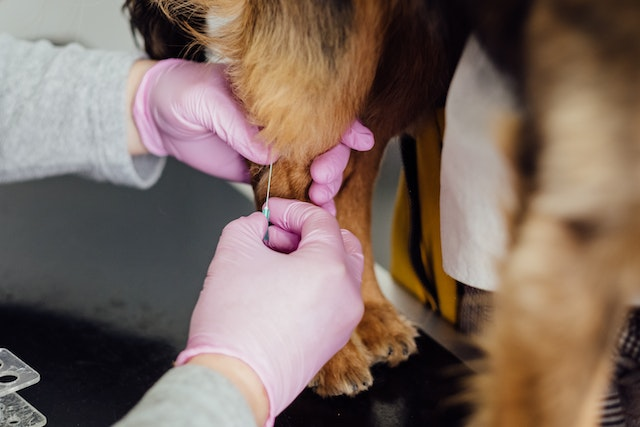
When deworming a dog, there are potential side effects to be aware of, although they are generally mild and temporary. Once your dog is dewormed, they may suffer mild side effects like gastrointestinal upset, lack of appetite, vomiting, and diarrhea.
The most common side effects include:
-
Gastrointestinal Upset
Deworming medication may cause mild stomach upset in some dogs, resulting in vomiting or diarrhea. This reaction is a normal part of the medication's action, as it targets and eliminates intestinal parasites. The inflammatory response in the gastrointestinal tract and the expulsion of worms during treatment can lead to temporary discomfort.
These side effects should resolve within a day or two. Administering the medication as directed and offering it with a small meal can help minimize stomach irritation. If symptoms persist or worsen, seek veterinary care immediately.
Deworming remains crucial for preventing serious health problems in dogs.

-
Passing Worms in Stool
After deworming, it's not uncommon for dogs to pass worms in their stool. It is a positive sign that the medication is effectively eliminating the parasites from their system.
Deworming medications work to target and kill the intestinal worms present in the dog's digestive tract. As the medication takes effect, it causes the worms to come off the intestinal walls
.and eventually,be expelled from the body through the stool.Witnessing worms in the stool confirms that the treatment is working as intended and the dog's system is being cleared of harmful parasites.
-
Lethargy
After receiving deworming treatment, some dogs may experience temporary tiredness as a common side effect. The medication's action on the worms can cause mild stress on the dog's body, leading to this reaction.
However, this lethargy is temporary and should improve within a day or two as the dog's system adjusts and eliminates the parasites. During this time, providing a comfortable and quiet environment for the dog to rest and recover is essential.
As the side effect subsides, the dog should return to its usual energy levels and behavior without lasting effects. -
Allergic Reactions
While rare, some dogs may have an allergic reaction to certain deworming medications. Allergic reaction symptoms include hives, itching, swelling of the face or paws, and difficulty breathing. If any of these signs occur, seeking immediate veterinary attention is crucial.
It's important to note that most dogs tolerate deworming medications well, and severe side effects are uncommon. Deworming is vital to a dog's healthcare to prevent and treat parasite infestations, which can negatively impact their health and well-being.
To minimize the risk of side effects, use deworming medications specifically formulated for dogs. Also, follow the recommended dosage and schedule provided by your veterinarian. If you have concerns about your dog's response to the deworming medicine or observe severe or persistent side effects don't hesitate to contact your veterinarian for guidance and support.
Side Effects of Deworming a Puppy

Puppies are more susceptible to worm infestations. They may react more intensely to deworming medications due to their smaller size and developing immune systems.
The side effects of heartworm prevention in puppies can be similar to those in adult dogs, such as mild gastrointestinal upset, but they may appear more pronounced. Additionally, after deworming, puppies may be more prone to passing worms in their stool.
Puppies may also experience transient discomfort or abdominal cramping as the worms die and are expelled from their system. In some cases, especially with heavy worm infestations, the passage of dead worms can cause temporary irritation or inflammation in the intestinal tract.
It's important to note that while side effects can occur in dogs and puppies, most cases are mild and resolve quickly. Most dogs and puppies tolerate deworming medications well. And the benefits of deworming far outweigh the potential risks of side effects.
How Long Do The Side Effects Of Deworming Treatment Last?

The duration of side effects from deworming treatment in dogs can vary depending on several factors. These include the type of medication used, the individual dog's response, and the severity of the side effects.
Generally, most side effects are mild and temporary, lasting anywhere from a few hours to a maximum of 24 hours. Also, wait for a while before feeding your dog after deworming.
How to Prevent Deworming Side Effects?

Preventing deworming side effects in dogs is crucial for maintaining their well-being. To achieve this, pet owners should take specific measures and stay vigilant. Choosing the proper deworming medication designed specifically for dogs is the first step. It's essential to consult a veterinarian before administering any medication, as they can guide the appropriate treatment for your dog's age, weight, and health condition.
Following the dosage instructions is vital to avoid any risks associated with overdosing. Regularly observe your dog after deworming. If you notice any unusual behavior or adverse reactions, promptly contact your veterinarian. Additionally, considering natural alternatives for deworming dogs should be discussed with the vet to ensure their safety and efficacy.
Monitoring for allergic reactions is critical, as some dogs may be sensitive to certain medications. Keeping a record of your dog's deworming history can help your veterinarian make informed decisions in the future. Maintaining good hygiene practices, such as properly disposing of dog feces, reduces the risk of parasite eggs spreading in the environment.
Regular veterinary check-ups are essential for assessing your dog's overall health and addressing potential worm-related concerns. By following these precautions and working closely with a veterinarian, pet owners can ensure a safe and effective deworming process for their beloved canine companions.
Final Words!

Deworming our furry friends is essential for keeping them healthy and happy. Still, it's necessary to be aware of potential side effects. Most dogs and puppies handle deworming medications just fine. They experience only mild and temporary effects like upset tummies or passing worms in their stool.
However, we should always look for unusual signs, like intense itching, swelling, or difficulty breathing, which could indicate an allergic reaction – though that's rare. If anything seems off, don't hesitate to call your vet for expert advice.
Here it is important to note that while side effects can occur, they are usually mild and temporary. The benefits of deworming far outweigh the risks, especially in preventing severe health problems and issues caused by parasitic infestations.
Remember, deworming is crucial for preventing parasites. And caution ensures we give our four-legged buddies the best care possible!
FAQ
What can I do to minimize the risk of side effects during deworming?
To minimize the risk of side effects, always follow the recommended deworming schedule. Also, use medications specifically designed for your dog's age and weight. Consider giving the medicine with a small meal to reduce stomach irritation.
What should I do if my dog or puppy is allergic to deworming medication?
If your dog shows signs of any allergic reaction, such as itching, swelling, or difficulty breathing, seek immediate veterinary attention. Allergic reactions can escalate rapidly and require prompt intervention.
Can I purchase over-the-counter deworming medications for my dog?
While some deworming medications are available over the counter, it's always best to consult your veterinarian before administering any medication to ensure it's appropriate for your dog or puppy.
Can I deworm my dog at home, or should I always go to the veterinarian?
Some deworming medications are available for home use, but it's recommended to consult with your veterinarian first. Your vet can provide the most appropriate treatment plan and ensure the correct dosage for your pet's specific needs.
